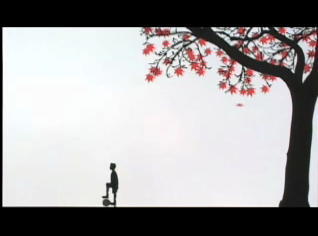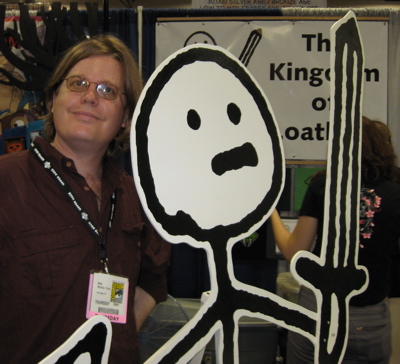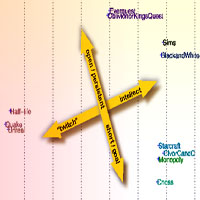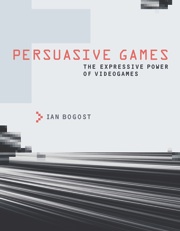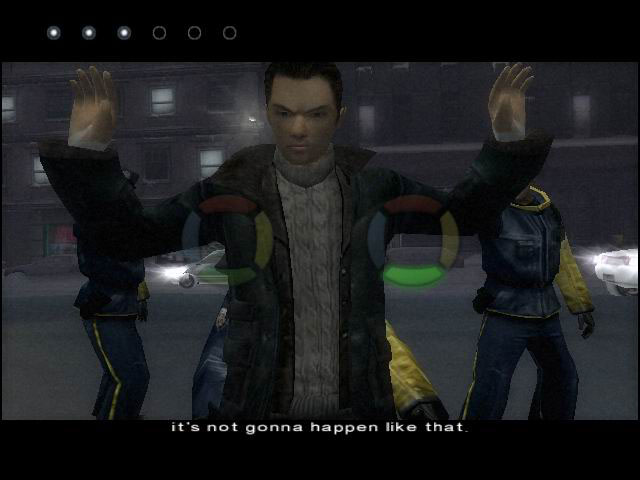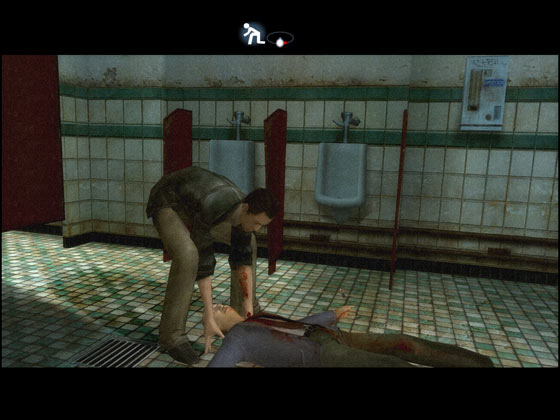One nice aspect of the Remediating Literature Conference was that there was a good mix of different types of electronic literature discourse, from highly theoretical frameworks and schema, to historical contexts for electronic literature, to talks focused on close readings, and more pragmatic talks from some writers and artists on the processes involved in writing and publishing electronic literature.
The E-Poet and organizer of the recent E-Poetry Festival in Paris, Patrick Burgaud, gave an interesting talk on how he came to e-poetry and the frustrations and constraints involved in writing poetry for the electronic media. Burgaud described his initial interest in creating “language-independent” poetry, which resulted in him “inventing visual poetry, unfortunately twenty years after it had already been invented” and how this interest in visual poetry emerged into an interest in using the computer. Burgaud described some of the many constraints involved in writing e-poetry, including the challenge of creating work for multiple platforms, the problems involved in creating work for multiple screen resolutions and video-card configurations, the balance between creating work that can be quickly downloaded and work that is satisfactorily developed, etc. “In creating epoetry,” said Burgaud, “I must always hedge between what I would like to do and what it is possible to do.” Burgaud described himself as a poet, rather than as a programmer, and described a kind of poet-hacker aesthetic, which involves piecing together scripts and code written by others, and hacking them, attempting to bend them to his poetic purpose. “I am using my lack of knowledge, and using my mistakes, to find out what I’m making.” He described the process of writing an Epoem as being much like dropping a pinball through a pachinko machine — the poem changes as it hits each constraint, and the path is not predetermined, but a product of the process. Burgaud said that he had learned to accept that his work would be different depending on the machine on which it was viewed, and that he had come to accept a certain lack of control in this regard.
This is a preview of
Remediating Literature Conference: Artist Talks: Burgaud,Wylde, Zellen, Shankar
.
Read the full post.
 Here are three excellent new articles, two in the Wall Street Journal and one from the New York Times.
Here are three excellent new articles, two in the Wall Street Journal and one from the New York Times.
 If my
If my 